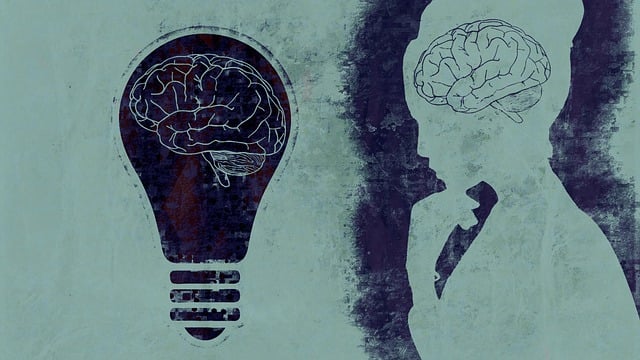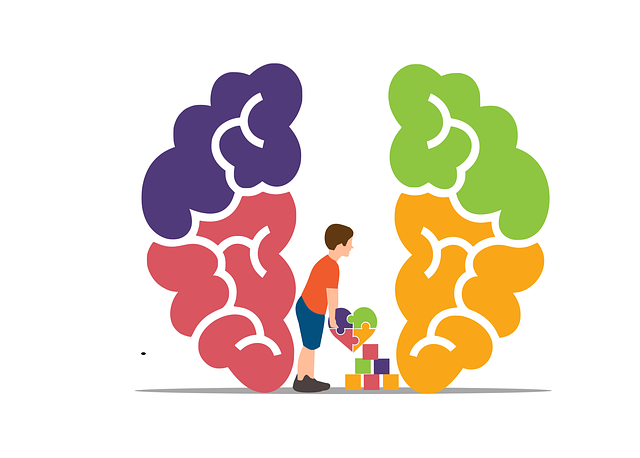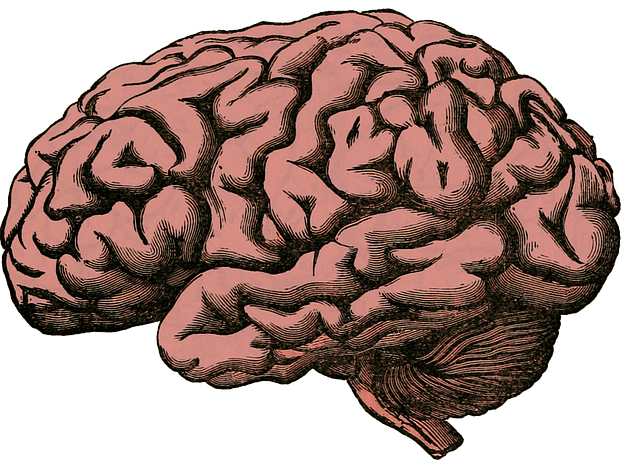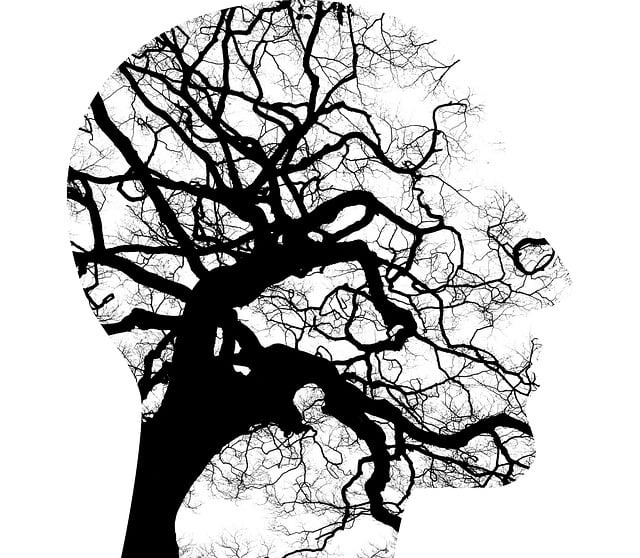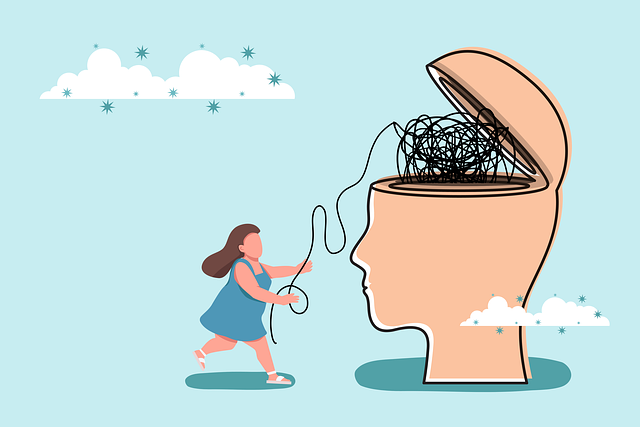Denver has emerged as a leader in innovative mental health care, particularly for panic disorder and anxiety attacks, through a multi-faceted approach. Educational events like the Mental Wellness Podcast Series and guided journaling exercises break down stigma, fostering understanding and empathy. Holistic therapy strategies combining traditional talk therapy with modern techniques empower individuals to manage symptoms effectively. Community engagement, including tailored programs and open dialogues, further promotes mental wellness and acceptance. Healthcare providers in Denver use empathetic discourse and cultural sensitivity to create safe spaces, enhancing the effectiveness of therapy for panic disorder and anxiety attacks.
Mental illness stigma is a pervasive barrier to treatment, yet efforts to reduce it are gaining momentum. This article explores various strategies to combat stigma, focusing on Denver’s innovative approach to treating panic disorder and anxiety attacks. We delve into community engagement and education initiatives, highlighting their impact. Additionally, we examine effective communication techniques in healthcare settings, crucial for fostering understanding and empathy. By examining these efforts, we aim to illuminate paths towards a more accepting society for those facing mental health challenges, including Denver Panic Disorder and Anxiety Attacks Therapy.
- Understanding Stigma and Its Impact on Mental Health
- Denver's Approach to Treating Panic Disorder and Anxiety
- Community Engagement and Education Strategies
- Effective Communication for Reducing Stigma in Healthcare Settings
Understanding Stigma and Its Impact on Mental Health

Stigma surrounding mental illness can have profound effects on individuals’ well-being and their willingness to seek help. It often manifests as negative attitudes, stereotypes, or beliefs about people experiencing psychological disorders, leading to discrimination and social isolation. This pervasive issue is particularly damaging for conditions like panic disorder and anxiety attacks, which are prevalent in modern society. Many suffer in silence due to the fear of judgment or embarrassment associated with these mental health challenges.
In Denver, where a thriving mental wellness community exists, efforts to reduce stigma have taken various forms. The city hosts numerous events, such as Mental Wellness Podcast Series productions and journaling exercises guided by experts, aiming to educate and promote empathy-building strategies. These initiatives play a crucial role in fostering understanding and supporting those struggling with anxiety disorders. By breaking down barriers and encouraging open conversations, Denver’s approach empowers individuals to access the help they need, ensuring better management of symptoms and improved mental wellness for all.
Denver's Approach to Treating Panic Disorder and Anxiety

Denver has emerged as a beacon for innovative mental health care, particularly in its approach to treating panic disorder and anxiety attacks. The city’s leading therapy centers have adopted holistic strategies that blend traditional talk therapy with modern techniques like mindfulness training and compassion cultivation practices. This comprehensive approach, often enhanced by the Mental Wellness Podcast Series Production, empowers individuals to manage their symptoms effectively.
By fostering self-awareness exercises tailored to each patient’s unique experience, Denver’s therapists create a safe space for open communication about anxiety. The result is not just symptom reduction but also a profound improvement in overall mental wellness. This focus on individualized care sets Denver apart, making it a destination for those seeking cutting-edge solutions for panic disorder and anxiety attacks.
Community Engagement and Education Strategies

Community engagement plays a pivotal role in reducing stigma surrounding mental illness, especially conditions like panic disorder and anxiety attacks. By bringing professionals and individuals together, Denver-based therapy centers can facilitate open dialogues that dispel myths and promote understanding. Mental health education programs designed with an emphasis on community participation empower people to recognize the signs of distress and offer support without judgment. These initiatives often involve interactive workshops, webinars, and peer-led discussions, ensuring that resources are accessible and tailored to diverse needs.
Effective communication strategies are at the heart of these engagement efforts. Encouraging open conversations about mental wellness through journaling exercises can help individuals process their experiences and reduce feelings of isolation. Guided by professional guidance, these practices can be integrated into daily routines, fostering a sense of self-care and community solidarity. By combining education, empathy, and practical tools, Denver Panic Disorder and Anxiety Attacks Therapy centers can create an environment where mental health discussions thrive, leading to broader acceptance and support for those facing such challenges.
Effective Communication for Reducing Stigma in Healthcare Settings

Effective communication plays a pivotal role in reducing stigma associated with mental illness within healthcare settings. When individuals facing conditions like Denver Panic Disorder and Anxiety Attacks seek therapy, sensitive and empathetic discourse can significantly impact their experience. Healthcare providers must adopt language that de-stigmatizes mental health issues, using terms that are non-judgmental and promote understanding. This involves explaining conditions in a clear, concise manner, focusing on the individual’s experiences rather than labeling them with potentially shameful terminology.
Incorporating cultural sensitivity in mental healthcare practice is essential. Healthcare professionals should be trained to recognize and respect diverse cultural perspectives on mental illness, ensuring that guidance and crisis intervention are culturally responsive. By understanding the unique challenges faced by different communities, therapists can offer tailored support, fostering a safe environment where individuals feel comfortable discussing their emotional regulation struggles openly. This holistic approach not only reduces stigma but also enhances the effectiveness of treatment.
Mental illness stigma, particularly around panic disorder and anxiety attacks, can be effectively challenged through a multi-faceted approach. As seen in Denver’s successful treatment of these conditions, community engagement, education, and improved healthcare communication play pivotal roles in reducing stigma. By implementing these strategies, we can foster a more inclusive society that supports those facing mental health challenges, ultimately enhancing their chances of recovery and well-being. The path to stigma reduction is a collective effort, one that leverages the power of knowledge and understanding to change perceptions and save lives.

